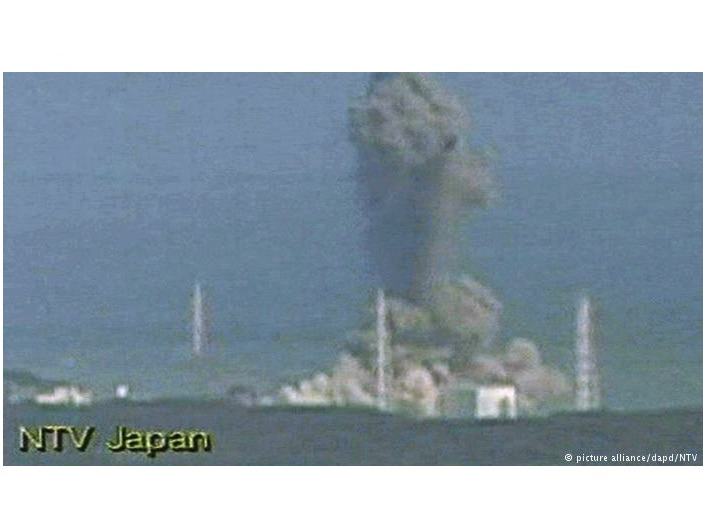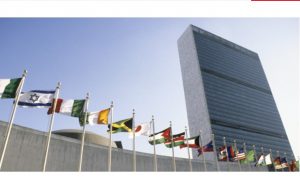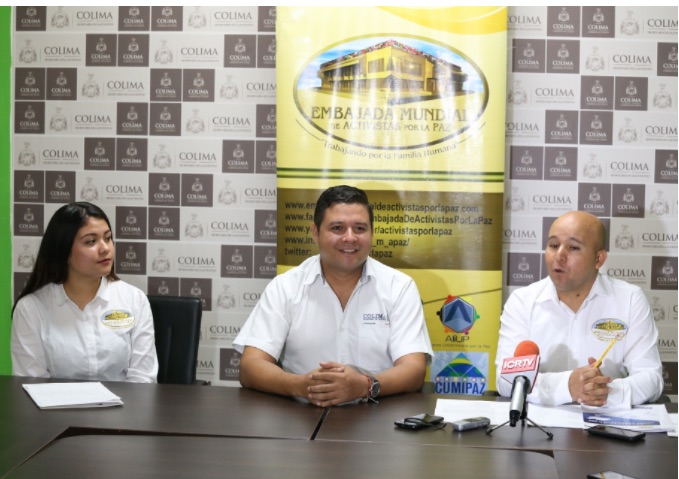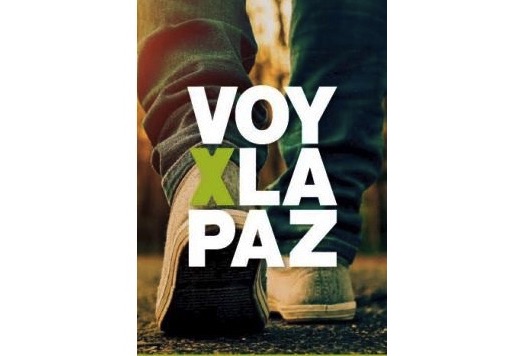You probably won’t read about it in the commercial mass media, but a very important event is taking place at the United Nations this month. From June 17 –July 7, a conference of the UN General Assembly is scheduled to negotiate a treaty to ban nuclear weapons!
The draft treaty was released on May 22 by Costa Rica’s ambassador to the UN, Elayne Whyte Gómez in her capacity as chair of the United Nations Conference to Negotiate a Legally Binding Instrument to Prohibit Nuclear Weapons, Leading Towards their Total Elimination. The new draft treaty is based on the proposals put forth in the negotiations of the Conference in March. It would require the states to “never under any circumstances … develop, produce, manufacture, otherwise acquire, possess, or stockpile nuclear weapons or other nuclear explosive devices … use nuclear weapons … carry out any nuclear weapon test”. States would also be required to destroy any nuclear weapons they possess and be prohibited from transferring nuclear weapons to any other recipient.
The negotiating conference was established after a series of meetings in Norway, Mexico, and Austria with governments and civil society to examine the catastrophic humanitarian consequences of nuclear war. The meetings were inspired by the leadership and urging of the International Red Cross to look at the horror of nuclear weapons, not just through the frame of strategy and “deterrence”, but to grasp and examine the disastrous humanitarian consequences that would occur in a nuclear war.
The first session of the ban treaty negotiations took place on Feb 16, 2017, considered procedural matters such as the election of officers, agenda for the negotiations, rules of procedure and participation of NGOs. More substantive negotiations on the proposed ban treaty took place March 27-31.
According to an analysis of votes of the UN Member States, a majority are in favor of the treaty, including the countries of Latin America, Africa, and most of the Arab States and the smaller states of Asia-Pacific.
However, there is still a long road to putting the treaty into practice. All of the nuclear powers (United States, Russia, China, United Kingdom, France, Israel, Pakistan, India and North Korea) are opposed to the treaty, along with their allies, includiing most European countries.
The longer we wait to abolish nuclear weapons, the harder it becomes. As WILFP (the Women’s International League for Peace and Freedom) has testified to the UN conference: “All of the nuclear-armed states . . . are investing in the expansion, development, or so-called modernisation of their nuclear arsenals. These programmes are not just about “increasing the safety and security” of nuclear weapon systems, which is what the nuclear-armed states claim. The “upgrades” in many cases provide new capabilities to the weapon systems. They also extend the lives of these weapon systems beyond the middle of this century, ensuring that the arms race will continue indefinitely.”
In addition to WILPF, many other civil society organizations are pushing the UN Member States to adopt the treaty. A forum this month in Brooklyn will include speakers from a number of organizations including Peace Action, MoveOn and the American Friends Service Committee. And on June 17, there will be a Women’s March to Ban the Bomb to the United Nations in New York, a women-led initiative building on the momentum of movements at the forefront of the resistance, including the Women’s March on Washington.
The annual meeting of Abolition 2000, an international organization dedicated to nuclear disarmament, gave support to the Women’s March, and heard reports from their projects, working groups and affiliated campaigns, including De-alerting and nuclear risk reduction, Don’t Bank on the Bomb, Economic Dimensions of Nuclearism, ICAN, Interfaith action, International law and nuclear weapons, Mayors for Peace, Missile control, Nuclear Weapon Free Zones, Nukes Out of Europe, Parliamentary Outreach, Peace and Planet, UNFOLD ZERO and Weapons and Nuclear Power in Space. They established a new working group to build support from civil society and governments for the United Nations High Level Conference on Nuclear Disarmament, which will take place in 2018.
As Alice Slater concludes in her article, Time to Ban the Bomb, “We need to get as many countries to the UN as possible this June, and pressure our parliaments and capitals to vote to join the treaty to ban the bomb. And we need to talk it up and let people know that something great is happening now! ”
|
DISARMAMENT AND SECURITY |
TOLERANCE AND SOLIDARITY |
DEMOCRATIC PARTICIPATION |
SUSTAINABLE DEVELOPMENT Swiss vote in in favor of gradual nuclear phaseout |
|
WOMEN’S EQUALITY |
HUMAN RIGHTS |
FREE FLOW OF INFORMATION |
EDUCATION FOR PEACE |






